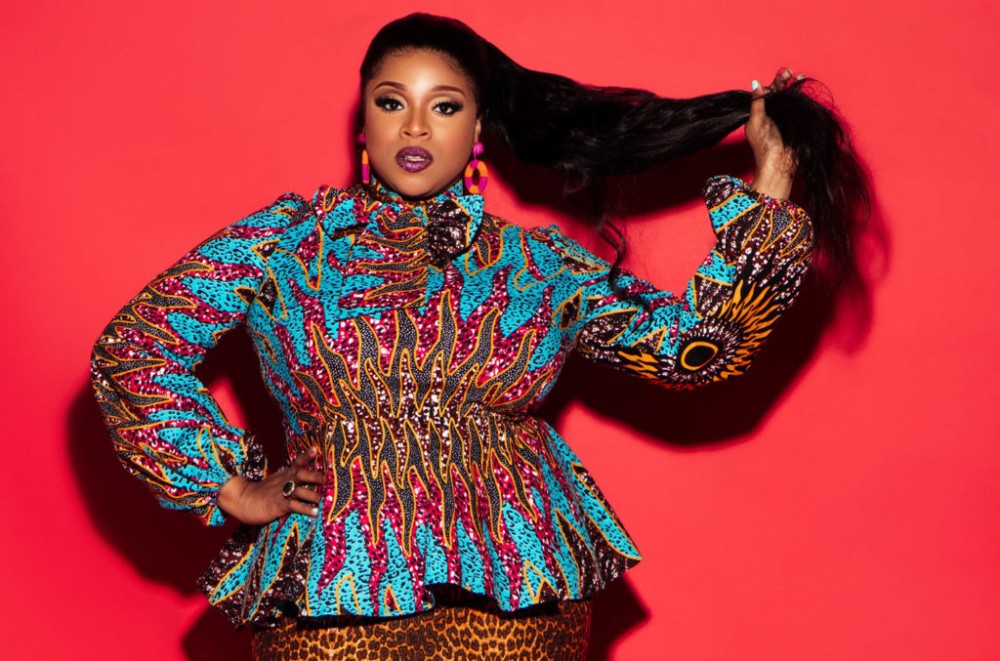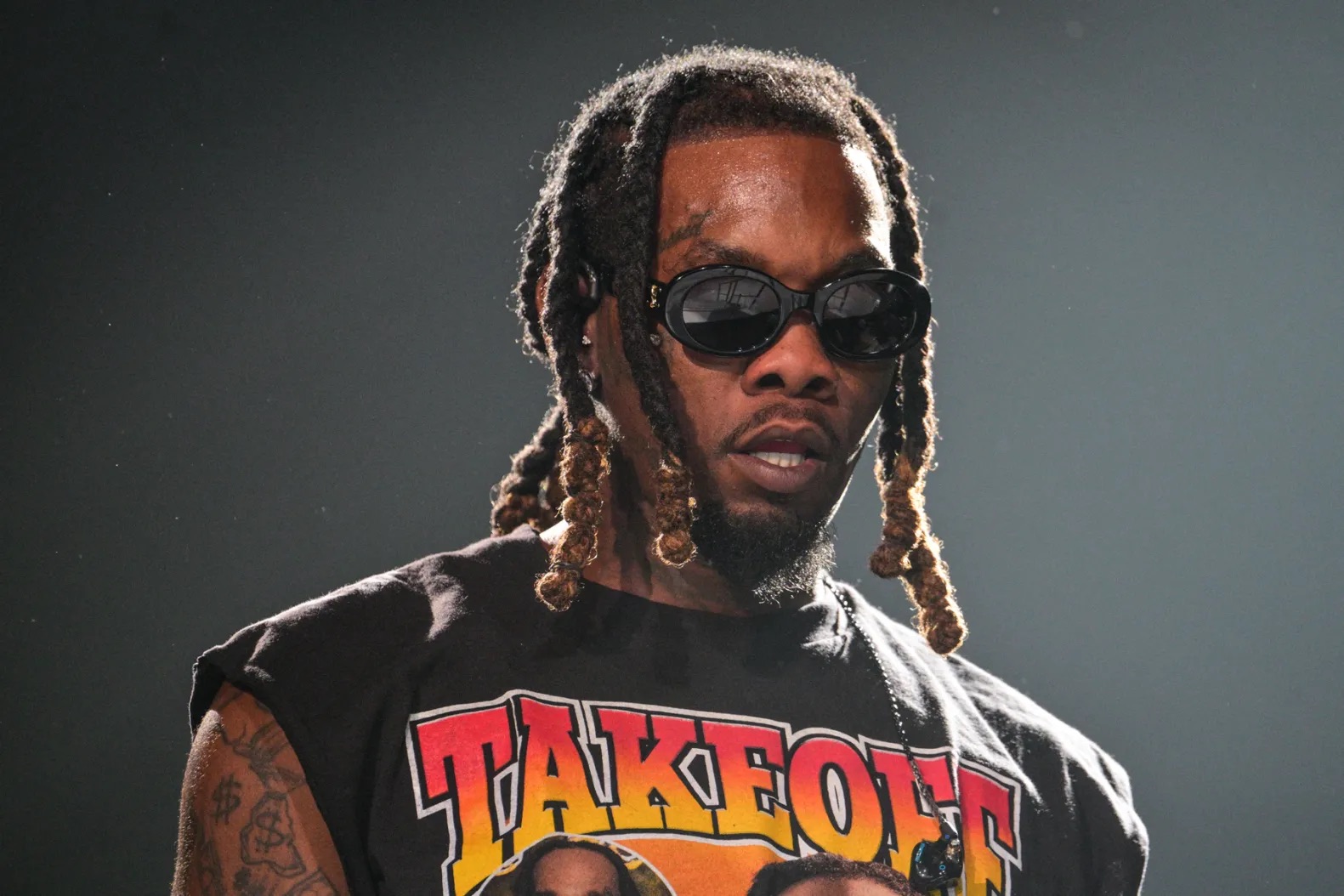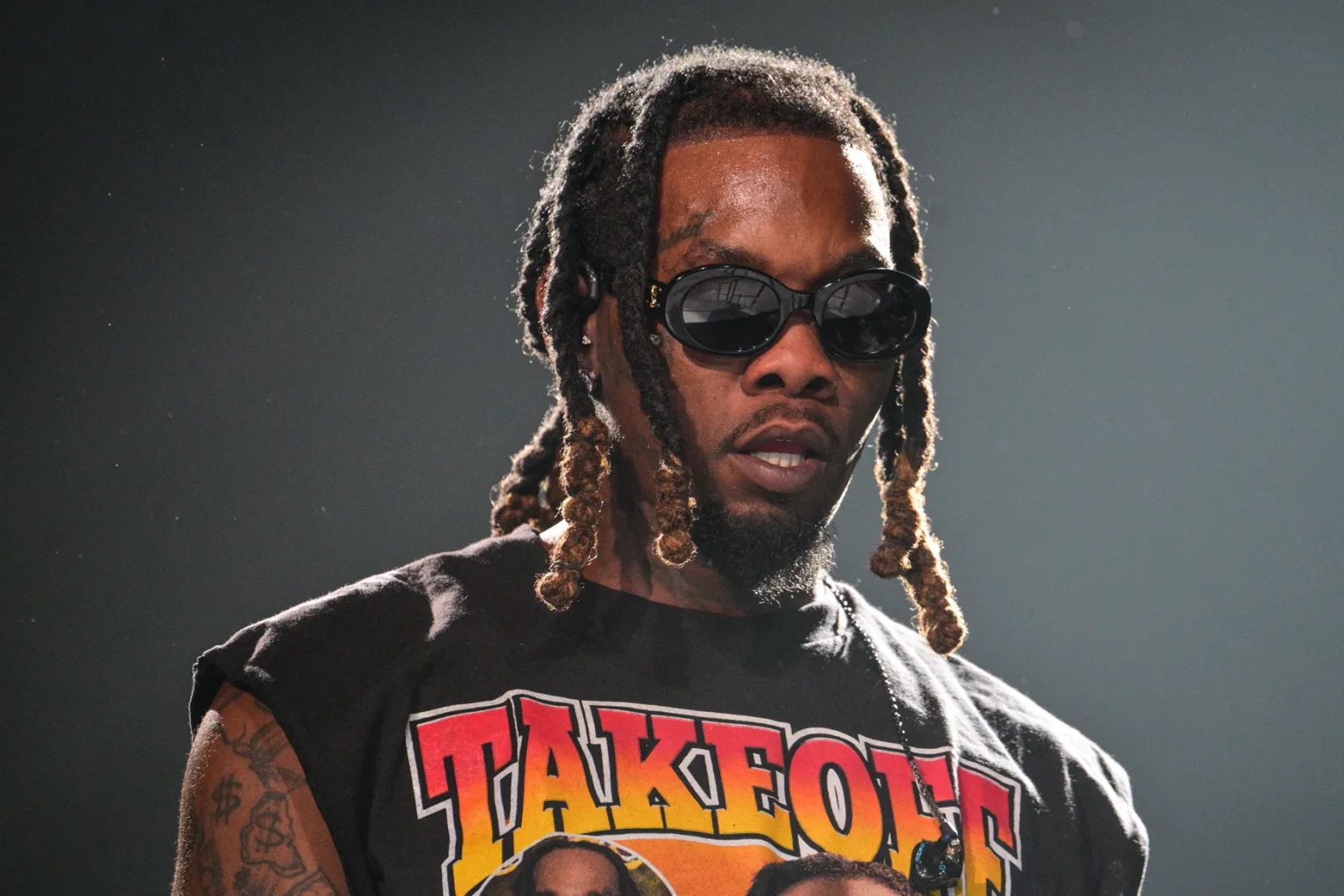Fresh off the success of Lifetime’s ‘Clark Sisters’ biopic, the singer releases her first album for RCA Inspiration with Missy Elliott and Tasha Cobbs Leonard among her guests.
Last week, Kierra Sheard was busy promoting Lifetime’s April 11 premiere of The Clark Sisters: First Ladies of Gospel in which she portrayed her mother Karen Clark. This week, Sheard is not only celebrating the biopic’s success (a reported 2.7 million viewers) but also the release of her sixth studio album Kierra.
As the world remains in flux behind the ongoing coronavirus pandemic, Kierra offers refuge from the stress and uncertainty. “Faith and inspiration have been the driving force of my career,” says Kierra. “We’re going to get past this. We have to. The Lord has so many things for so many of us to do.”
Released through Karew Entertainment/RCA Inspiration, Kierra features a 15-track combination of original songs and live performances. In addition to Sheard’s latest single, “It Keeps Happening,” the album’s other highlights include the anthem “Don’t Judge Me” featuring Missy Elliott, the moving ballad “Grateful” and the piercing “Something Has to Break (Live)” with Tasha Cobbs Leonard — the video for which was released concurrently with the album today (April 17).
Rounding out the album’s guest list are gospel artists Todd Dulaney, Le’Andria Johnson and Sheard’s nephew Jacob Sheard. Sheard either wrote or co-wrote all of the tracks with her frequent collaborators Harmony “H-Money” Samuels and her brother J. Drew Sheard handling production.
Below, Sheard talks to Billboard about how her role in the Clark Sisters biopic inspired her work on Kierra, why the sisters’ story is so compelling for younger and older viewers alike—and how she ended up being able to sing in a higher octave.
Why was the Clark Sisters’ story so compelling for both younger and older audiences?
The fact that it’s so relatable! All generations can likely identify with something within their story. We all have family drama; we’ve all dealt with opposition in one form or another. So being able to see yourself in their story is what makes it so compelling — and pretty entertaining as well.
What was your mother’s reaction to your playing her?
My mommy was proud. She might have been more excited than me, actually. She saw footage beforehand and was really shocked at how well I portrayed her. That made me feel good. This was an opportunity of a lifetime and I’m forever grateful for it.
If you had a do-over in playing this role, what might you have done differently?
It’s interesting that you ask because some have said they wish that I would’ve had more speaking time in the movie. But had I spoken more, I wouldn’t have been depicting my mother as her true self. She didn’t speak much. She was the youngest and mainly used her voice for singing.
What did you learn about yourself after completing the film?
I didn’t know that in my 30s I could still stretch my vocal range. Studying and trying to sing like Karen Clark Sheard has challenged me as a singer but I’ve benefited from it in a great way. I can sing in an even higher octave now and I also think more creatively as a singer. I didn’t expect that to happen.
How did the film inspire you creatively as you wrote and recorded Kierra?
It inspired me to go harder, be more creative, to not stop at good enough and to stretch and challenge myself to capacity. I owe it to my mother, aunts and grandmother to not settle for good or even great. I want to impact the world with my music just as wholeheartedly as they did. They are my biggest inspirations hands down. I hope I make them proud with this new record.


